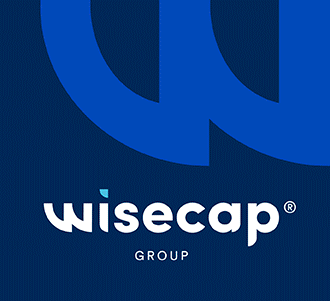Commissioned by Amcor and TOMRA and other leading industry players, the report is published on Eunomia’s website and is now available to download for free.
The plastic packaging industry is currently facing a growing demand for increased sustainability, particularly in increasing recycled content and fostering a circular economy. This pressure varies across Europe but is predominantly driven by public and governmental demands, leading to brand owners adopting more sustainable practices. EU legislation also enacts requirements around packaging, particularly the anticipated Packaging and Packaging Waste Regulation (PPWR), expected to go into effect later in 2024.
This new report explores how marker and object recognition sorting technologies can contribute to circularity and traceability in plastic packaging recycling, specifically within the EU, Norway, Switzerland, and the UK.
The report’s methodology involves identifying polymers and packaging material formats not adequately sorted by existing technologies for achieving circularity. It then evaluates new technologies (i.e., advanced sorting technologies) that could enable classification and sorting of these post-consumer plastic packaging types. A range of new sensor- and marker-based sorting technologies are also examined. Three are shortlisted for detailed cost and performance modelling: object recognition, chemical markers, and digital watermarks.
The study focuses on sorting solutions that provide a suitable feedstock for mechanical recycling processes, which in turn produces material suitable for packaging manufacturers. This focus is due to the underlying assumption that the potential for circular recycling using mechanical processes should be explored before defaulting to chemical recycling processes.
Findings of the study cover insights into the circularity for rigid and flexible plastic applications, traceability and implementation. These findings provide a clear direction for targeted investment and innovation in sorting technologies, emphasising the importance of aligning technological choices with specific recycling objectives and the unique requirements of different packaging types. As the industry moves towards meeting EU recycled content targets, this nuanced understanding will be essential in guiding efforts towards more effective and sustainable plastic packaging recycling practices.








